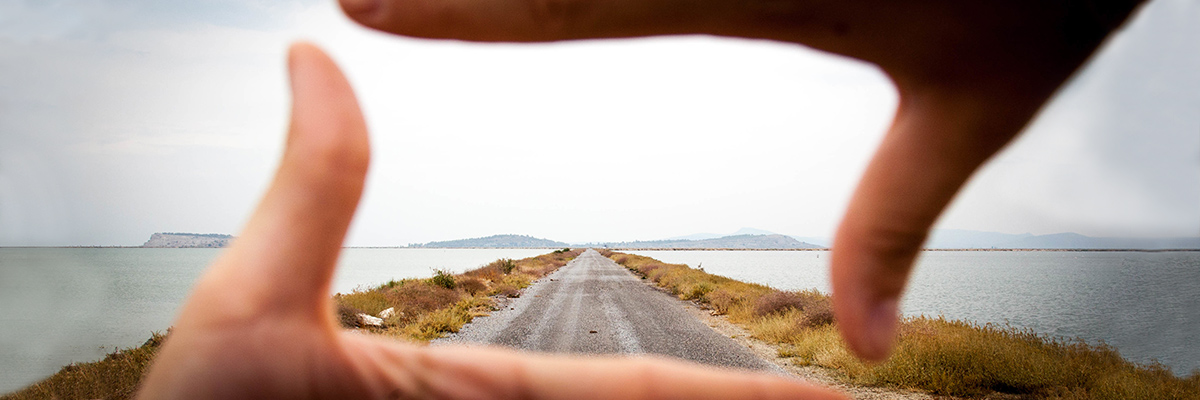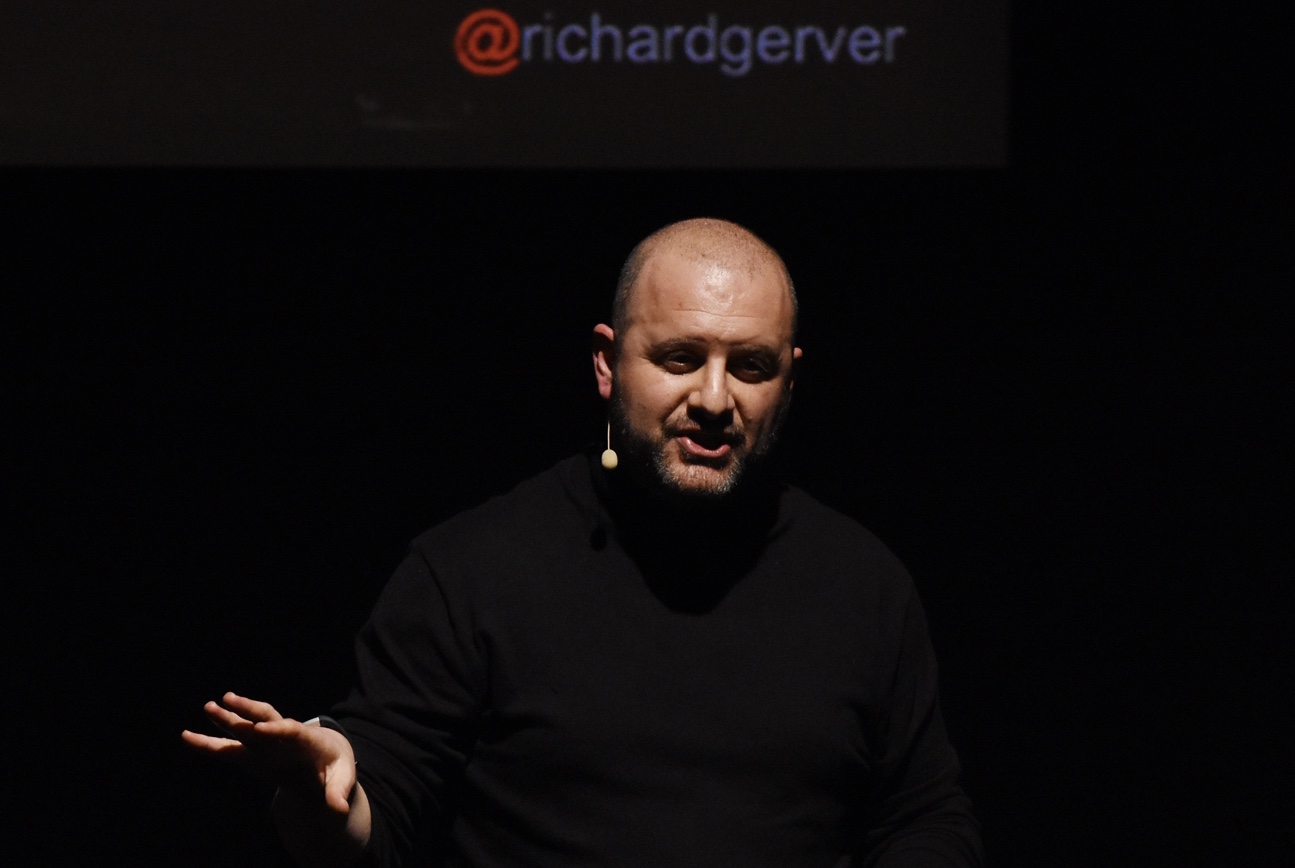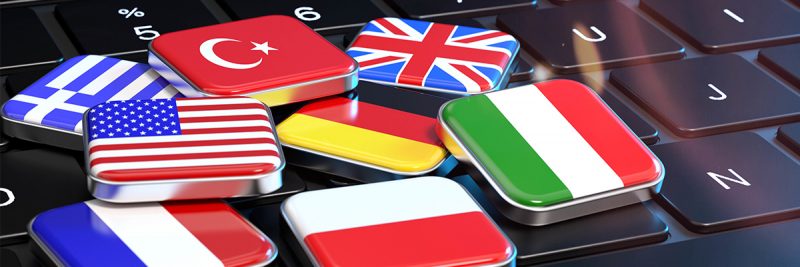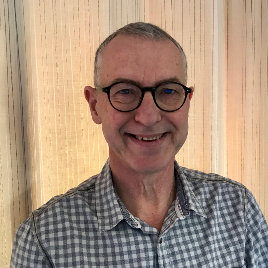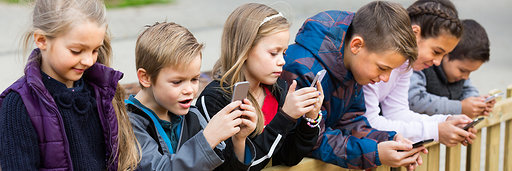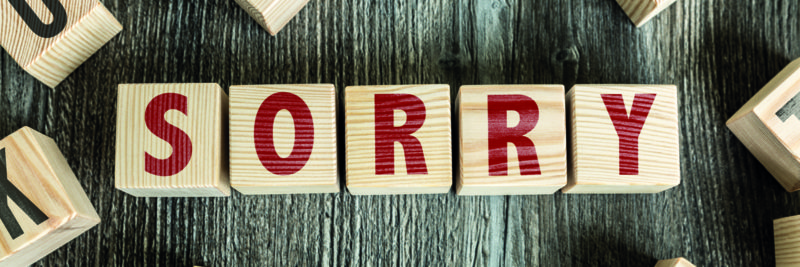Legacy
LEGACY
If as educators we want to have an impact on the future, then we need to have an idea of what we want that future to be, one of the key motivations for me writing Education: A Manifesto for Change was to share my own, personal aspiration for what I hope it can be; I wanted to look above the relentless pressure that we face as educators; economic and political, to look up and breathe an air not focused on efficiency but on something more optimistic. I wanted to explore possibility, collaboration and the profound sense of purpose that led so many of us to the greatest job on earth. In this blog, I am honoured to be able to share a few thoughts from the concluding chapter of the book.
All human beings want to be of value, all human beings want to believe that they can lead lives where they have choices and some control. Some human beings realise early, the power and potential of a life lived and of purpose, some realise late and some… too late.
For society to thrive, to reconnect and to be better, we need people to reconnect with each other and most importantly with themselves. People need to feel valued and of value; they need to know that they have a purpose.
We know that in many ways, a growing number of people feel undervalued and some helpless. The growing issues around mental health and the anger and resentment showing itself in society, through the increasing polarisation and the resurgence in extremism, benefits no one but does serve to destabilise and disrupt both the individual and society.
Educators are, like it or not, some of the most important people in changing the future. It has to be our aim to help to bring the best of our society together; the people and the organisations that best exemplify and champion the role of active citizenship; of values and of purpose, people and organisations who believe and evidence that we; you and I, can change the world for the better. Schools, colleges and universities should be that gathering points; the foundation stones of learning and of collaboration on which ideas, philosophies and the future are built.
This is not meant to be a grandiose vision but a granular one, it is Gandhi’s “Be the change.”
I believe that our wider legacy should be to help to create a simple catalyst for what I see as the five core themes of a life;
- To be healthy
- To be skilled
- To be aware
- To be hopeful
- To be of value
We need to explore, how as schools, we can play our role in supporting the five phases of life; both as an organisation and as a collaborative partner. We need to influence:
Emergence: Before birth, supporting young families so that they can create nurturing environments that best prepare and provide for children in the first phases of life; to help to make the early links between the five core themes.
Education: We must focus on how we use formal education to ensure that our emerging young citizens are prepared for the world they are going to inherit. That their knowledge, skills, attributes and behaviours empower them and inspire them to head confidently into the next phase of life.
Activism: As organisations; educators, employers and institutions we must work together to ensure that our young people feel that they have a place and a purpose as emerging adult citizens in society, so that they feel that they have opportunity to make their mark. Moving on, how we help them understand the growing of their responsibility as they move on to phase four.
Leadership: How do we ensure that the gained experience, vision and actions of their activism is not wasted and are utilised in order to take on leadership and responsibility for developing the phases further and for evolving the narratives and sense of empowerment for the next generation?
Legacy: How do we ensure that our elders continue to thrive; to be supported and most importantly continue to feel valued? How do we capture and use their wisdom to inform and educate future cohorts?
We know that our world today is a more complex place than it has ever been; the exponential changes driven by the digital revolution together with the extraordinary, and at times frightening, opportunities that those changes herald mean, maybe, that for the first time in human history, we no longer feel in control of our own destiny. The damage that we have done to our own planet’s ecosystem demands that we live our lives differently. The economic imbalance that leads to a growing sense of inequality and opportunity in what should be a more open world, mean that our children have some daunting issues to solve, if we and our planet are to have any legacy at all… but I am optimistic.
Over the last few years I have met thousands of educators around the globe; young and old. People who care passionately about their students and the future they can create. I also believe that the current generation of young people emerging through our education system, could be the greatest generation in our history. There are more children accessing education than ever before; it is a job far from finished but at least we are increasing our global talent pool.
Human resource is without doubt the most precious natural resource of all right now, because it is only our species than can solve the problems that we have largely created. To do that we need to unearth and nurture the very best of us, wherever they may be. More than ever before, we must to realise and respect, that talent won’t just be just found in the academically gifted or privileged, but in a multitude of skills and abilities. We must cast our net far and wide; broaden our horizons and recalibrate what formal education is seeking to achieve.
The time for false wars and debates must now be over and so much of my book is about a call for peace and collaboration. I urge us all to seek out our common goals and beliefs to find ways to use education as a means to define a better, brighter future of our children, grandchildren and the generations beyond.
The truth is that we may never see the outcomes of the changes we begin today but we will be remembered for being the generation that catalysed them. Let us be the role models who inspire our children to believe that they can lead a better, safer world. A world where all of our human traits are used to their full potential:
As Aristotle was reported to have once remarked; “We are rational animals pursuing knowledge for its own sake. We live by art and reasoning.”
We are born naturally and selflessly collaborative; other close relatives, like chimpanzees collaborate but only if there is something in it for them; young children enjoy helping others for the act itself.
As people we are naturally empathetic; we understand what others think based upon our knowledge of the world.
We tell stories, we dream, we imagine things about ourselves and others and we spend a great deal of time thinking about the future and analysing the past.
We are able to accumulate wisdom and knowledge through our collaborative approach to development.
We also, have the capacity to do evil; whilst we are not the only species to be tribal, to fight wars or to kill, our intelligence means that we can do so on a huge scale and for simply emotional and ideological differences.
I do not believe for one minute that teachers have total or even primary responsibility for the future but we can and should certainly be of substantive influential; the vast majority of people who have changed the world, for better or for worse have been to school; sat in a classroom much like ours today, experiencing teaching, learning and social interactions just as our students are now. Our children spend more waking hours in our company than they do anyone else and that means we have to own our share of the future.
As Queen Rania of Jordan said at an address to The World Economic Forum in May 2014;
“Good teachers teach, great teachers transform.”
It is our legacy.
Richard Gerver
@richardgerver
Education; A Manifesto for Change: Published by Bloomsbury Education is out now.
